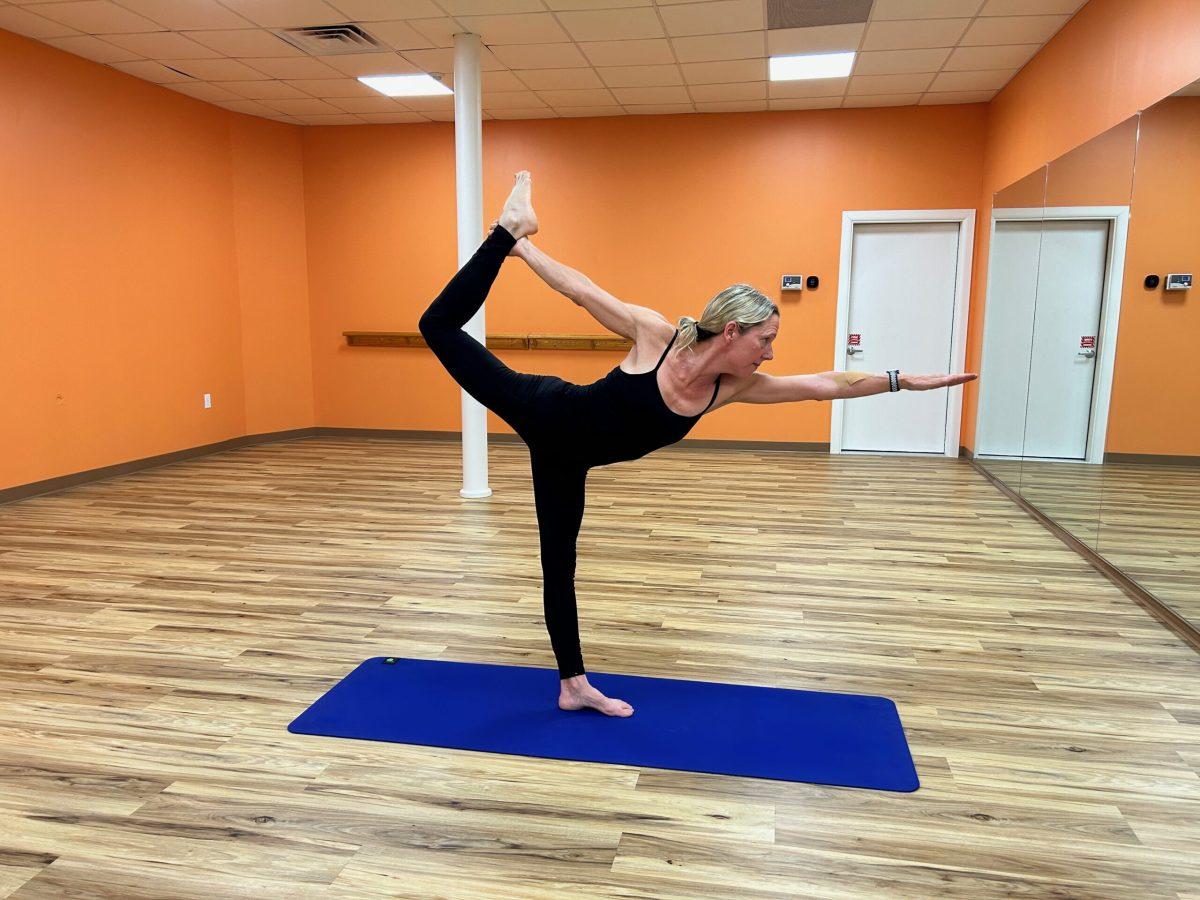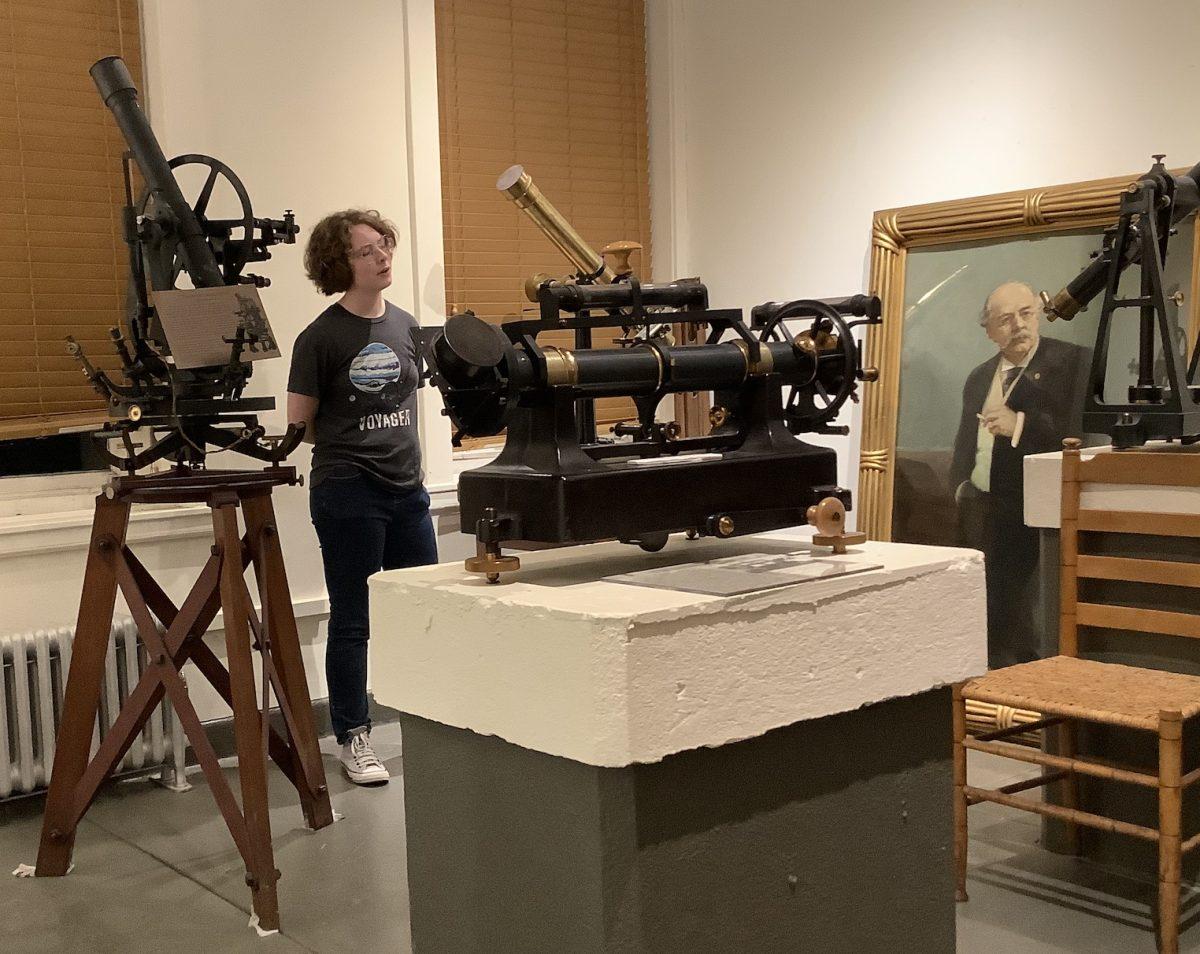By Lisbeth Perez and Ashley Wolf
When people think back to their high school experiences, not many can say that they remember leaving the house and moving into their school at 14 years old. However, for some people, boarding school seemed like the best option for the last four years before college. Many of these students say that their experience at boarding school helped them to be better prepared for college.
People attend boarding schools for many different reasons. Jonathan Gould and James Estabrook, two senior Ithaca College students, attended Kimball Union Academy, a boarding school in New Hampshire. Gould attended when he realized he could do better for his life than he was and could get a better education at a boarding school. Estabrook was the seventh member of his family to attend the Academy and although he did not want to go at first, said it was the best four years of his life.
Most college students experience their first extended period of time away from home when they move into their dormitories freshmen year of college. This is not the case for boarding school students, Estabrook said. Estabrook attended his Academy as a day student for three years, but lived on campus his senior year in order to gain a new experience before college.

“When I was a day student, it taught me a lot and I had a great time there,” he said. “Even going as a day student, I felt was preparing me for college… After being a boarding student, it helped the transition so much just from being away and not seeing my parents everyday. I think it undoubtedly helped me forward in my college career.”
The faculty and staff of a boarding school act as a family base, not only as teachers. These are the adults that boarding students see daily and in a sense, they are the adults that help raise these students into the adults that they are today, Gould said.
“The teachers were really passionate about teaching and being there,” he said. “A lot of teachers also had families and a lot of them lived on campus. There was this sense of them being your teachers, but you could also go and talk to them on their off time and they were people too.”
Estabrook said there were many limitations at the Academy. For example, he was kicked out of class for the day at 14 years old for his first and only dress code violation: peach fuzz. When he moved in as a full-time boarding student, he realized even more limitations, such as time constraints. He said they had “dorm parents” who would instill these rules. Dorm parents were like residential advisors students have in college dorms.
“Lights out was 11:30 p.m., then internet cut out at 11:30 p.m., depending on your class if you were a freshman it would be 11 p.m,” he said. “You had to go check in with the dorm parent on duty at 10 p.m. Study hall was 8-10 p.m. Those got more relaxed as the years went on. You can get away with a lot more stuff as a senior then when I was a freshman.”
Estabrook said one of the biggest takeaways from the Academy was the friendships he made. He and his friends still had a lot of growing up to do when they attended the Academy. They helped raise each other, he said.
“You live there,” he said. “You eat with them, you play sports with them, you go to school with them, you have down time with them. I met people there that to this day, I would consider them my closest friends.”
Nicole Lee, a freshman at Cornell University, attended the Lawrenceville School, a boarding school in New Jersey, as an international from Hong Kong, China. Lee said her boarding school helped prepare her for college, but in very small proportion compared to the University. She was not ready for the amount of competition she would have when it came to attention of professors or on-campus clubs and organizations.
“Coming from classrooms of 30 kids and now, my sociology lecture is 330 students is definitely very intimidating,” Lee said. “Putting myself out there is definitely a little more challenging in this context. For example, in my high school, because there only was 800 kids, when you wanted to join a club, you just joined a club. There was no process in the actual joining of a club, but here at Cornell, when you are trying to get into a club or organization, there is always some kind of interview or formal application process.”
The Academy helped Gould, especially when it came to studying, he said.
“I feel that when I got here, for a lot of people it was their first time being out of the house and having that freedom,” he said. “Although it was very structured in high school, I was able to take that structure and see what they were trying to teach me. When I got to college, I wasn’t really falling behind on my assignments and I felt like I was able to much easier transition.”

Many boarding schools have a large amount of student diversity. Students come from all over the United States and foreign nations. For example, the Academy that Gould and Estabrook attended had many students from the New England area, but also from China, England and Spain, to name a few, Estabrook said.
“I remember my senior year, when I lived there, across the hall from me was a guy from Nigeria and the kid next to me was from Egypt,” he said. “It is even more diverse in terms of location than Ithaca is.”
Gould said he would not recommend it to every 14 year old, but believes it was the best choice for him.
“It’s kinda difficult to send 14 year olds away from home,” he said. “There are fewer freshmen every year because a lot of people don’t want to send away their child away. Some people really did struggle with being outside of the house and sort of having this idea of freedom and not really having the parental authority around, but I think in general, it really has been a good thing.”






